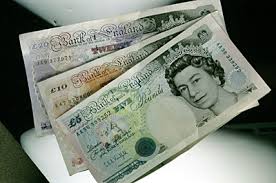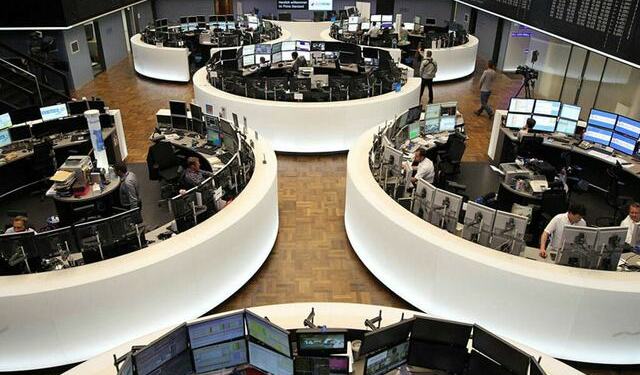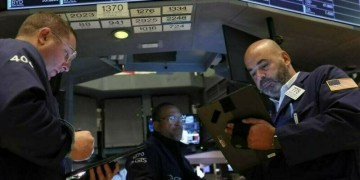Tuesday, 14 July 2015 17:10
 LONDON: Sterling fell against the euro but inched up against the dollar on Tuesday, as investors bet a fall-back of British inflation to zero would be temporary, with prices still suffering from a slump in oil prices last year.
LONDON: Sterling fell against the euro but inched up against the dollar on Tuesday, as investors bet a fall-back of British inflation to zero would be temporary, with prices still suffering from a slump in oil prices last year.
Figures released on Tuesday showed that consumer price rises fell to zero percent in June after nudging into positive territory in May, as food and summer clothing prices fell.
An underlying measure of inflation, which strips out increases in energy, food, alcohol and tobacco, fell to its joint lowest level since March 2001, suggesting cheaper oil is having an increasing effect on the cost of other goods and services.
But the pound appeared largely unmoved by the data, edging up 0.1 percent to $ 1.5492. Although it fell 0.2 percent versus the euro to 71.22 pence, that was more down to a modest euro rally across the board.
“Sterling will not sell-off much on the back of this release,” said Sam Lynton-Brown, a currency strategist at BNP Paribas. “The market is much more interested in the wage data that comes out tomorrow the main reason being that wage data is a signal for future inflation.”
“The Bank of England’s MPC members have said many times they’re going to look through temporarily low headline inflation and attribute greater weight to the wage data.” BoE Governor Mark Carney has said prices are likely to pick up later this year as 2014’s plunge in global oil prices works itself out of the numbers, and for inflation to return to around its 2 percent target by early 2017.
Wage numbers due on Wednesday are expected to show earnings excluding bonuses recording their biggest rise since early 2009.
“We think it will be the UK data that questions the dovish stance of the BoE,” wrote ING FX strategist Petr Krpata in a research note.
“Even though the BoE can defend emergency monetary conditions on headline inflation near zero, the surge in real wages is great news for consumption and should keep UK GDP growth running in the 2.7/2.9 percent area. Questions will start to be raised whether the market is correct only to price the first BoE tightening in 2Q16.”




























